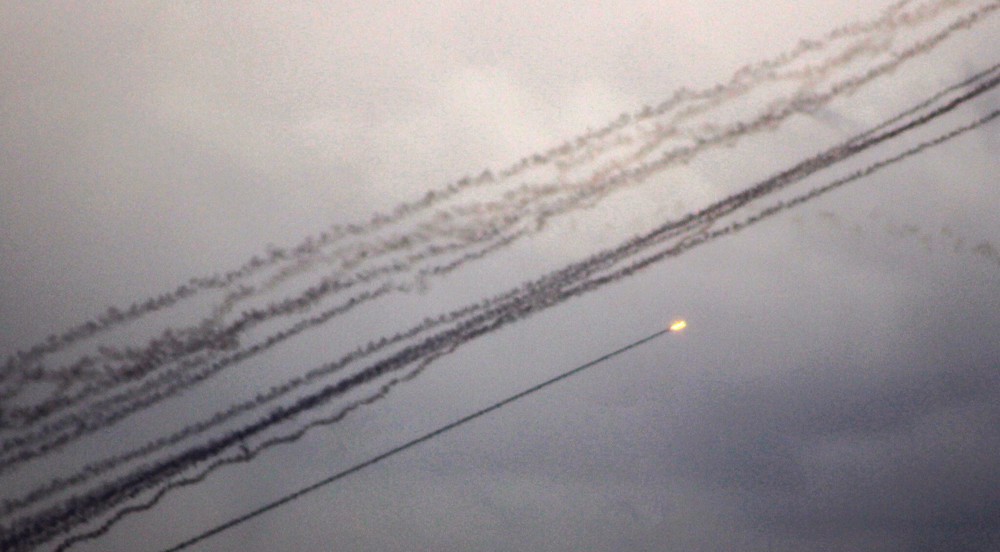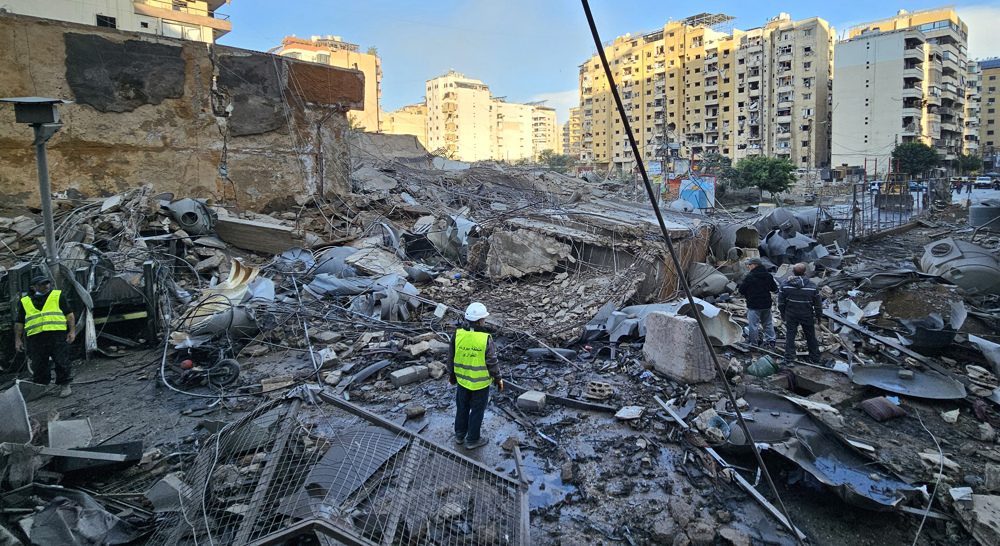No colonial power can return to Lebanon, President Aoun says, rebuffing Macron
Lebanese President Michel Aoun says no colonial power can return to Lebanon, following a trip by French President Emmanuel Macron to disaster-stricken Beirut that sparked outrage among the Lebanese.
“Lebanese sovereignty will not be harmed under my watch,” Aoun told reporters on Friday, three days after a huge explosion occurred at a port in Beirut, killing 154 people and injuring a whopping 5,000 others.
Macron appeared at the site of the explosion on Thursday, having rolled up the sleeves of his shirt and attempting to take the appearance of a concerned leader by roaming around and talking to people.
During a meeting with Aoun, Macron also called for an international inquiry into the devastating blast and reportedly threatened Lebanese leaders with sanctions if they did not submit to reforms and “political change.”
Lebanon gained independence from French colonial rule more than seven decades ago.
Aoun rejected the call for an international investigation in his Friday remarks.
The blast took place in warehouses storing highly explosive material, specifically ammonium nitrate, commonly used in both fertilizer and bombs.
‘Foreign sabotage possible’
Aoun said the blast might have been triggered by a foreign attack.
“The cause has not been determined yet. There is a possibility of external interference through a rocket or bomb or other act,” he said.
Aoun said he had asked Macron “to secure aerial images to determine what happened and if the French do not have them, we will request them from another source.”
He said an investigation would look into the cause of the explosion.
The Lebanese president had previously said that it was “unacceptable” that 2,750 tons of ammonium nitrate had been stored in the warehouse for six years without safety measures.
According to Aoun, 20 port officials have been detained as part of the investigation.
“Corruption is not limited to [officials at] this port, and efforts to fight it must extend to all ports,” Aoun said.
The blast came amid public anger over the ruling elite’s mismanagement of an economic crisis. The Lebanese pound has continued to plummet against the US dollar, losing more than 60 percent of its value over the last weeks while sources of foreign currency have dried up.
Observers say American sanctions on Lebanon have deteriorated its already struggling economy.
VIDEO | Former FBI agent criticizes US Congress for 'outright corruption'
IRGC chief urges Muslim countries to cut aid routes to Israel
'New chapter in cooperation': Iran, Venezuela sign new MoUs
Jordan sentences former lawmaker for supporting Palestinian resistance
Basij volunteer forces hold massive drills in southwestern Iran
Israeli war criminals 'not welcome', US city says after ICC ruling
US vetoing of Gaza ceasefire resolution ‘disgraceful’: Iran’s UN envoy
VIDEO | IAEA adopts anti-Iran resolution tabled by E3











 This makes it easy to access the Press TV website
This makes it easy to access the Press TV website